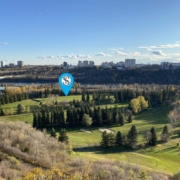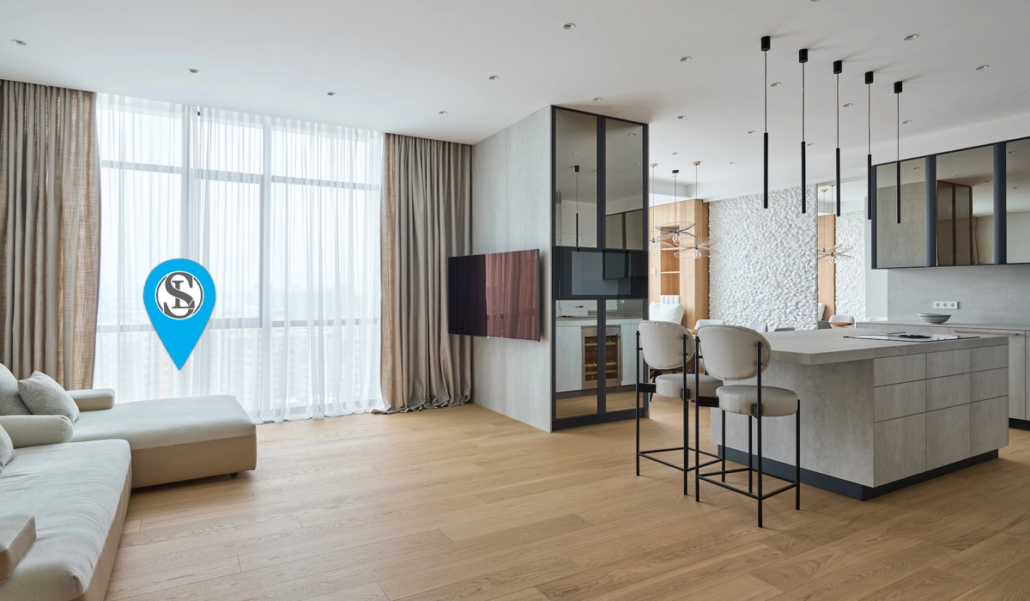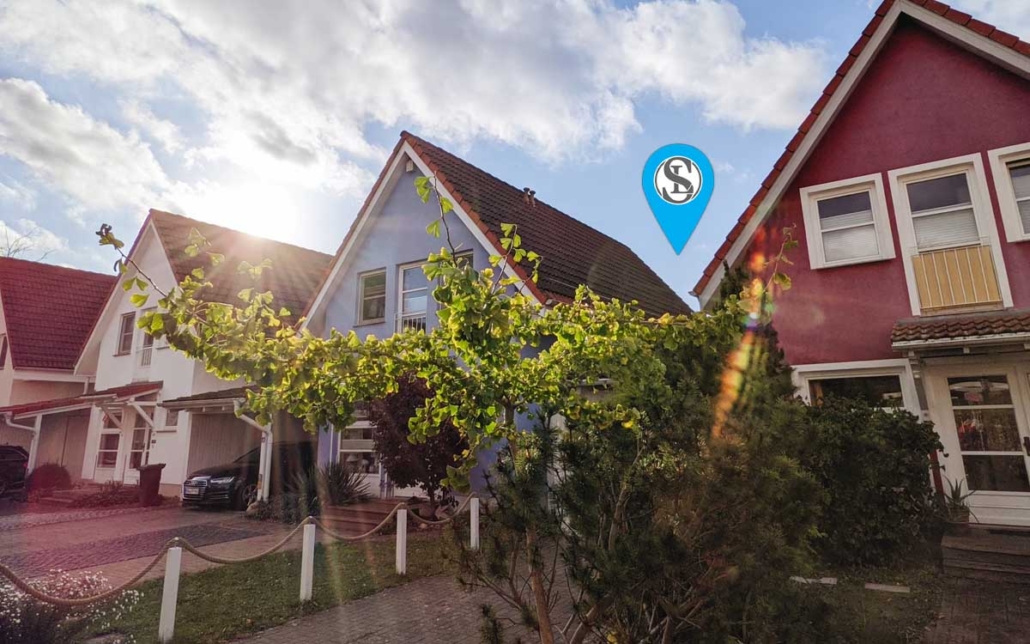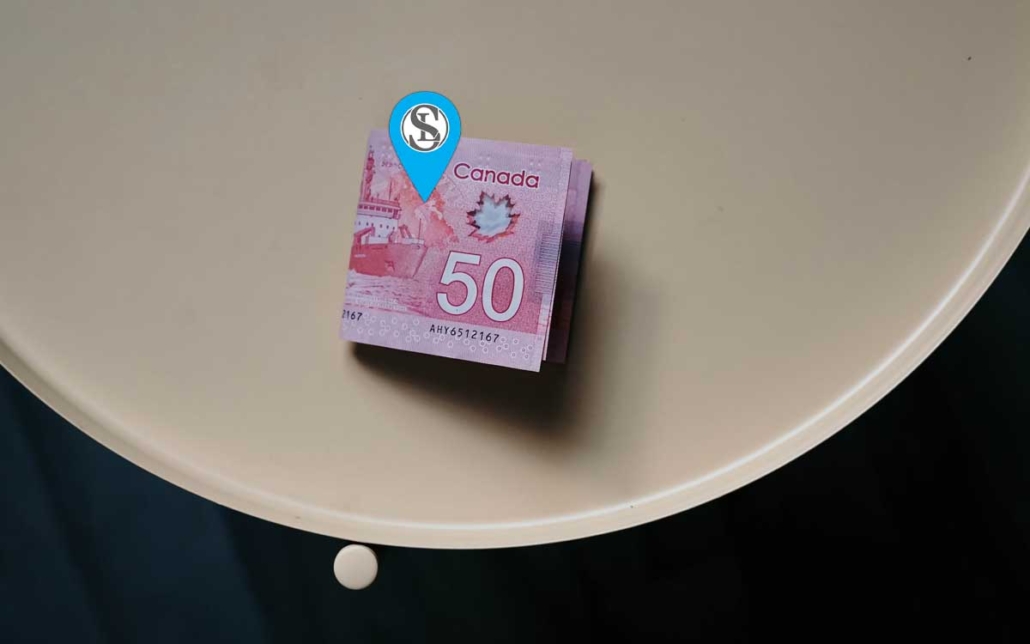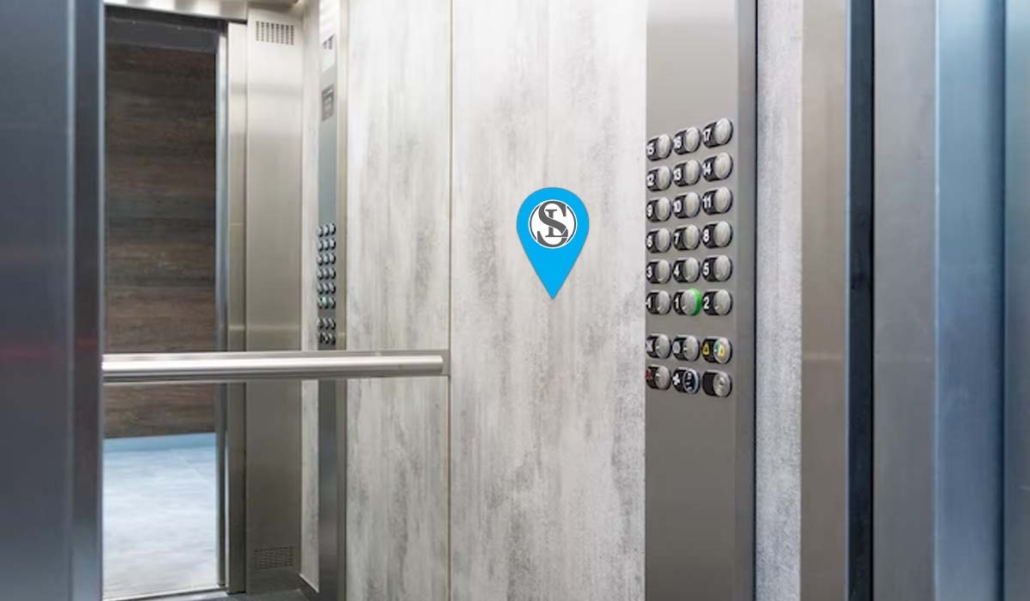Houses for Sale in Edmonton: 2024 Market Outlook
Happy New Year to everyone! If you’re considering entering the Edmonton housing market this year, you’ve come to the right place. Throughout 2023, Edmonton consistently ranked among the top places to live in Canada in terms of affordability and opportunity. Additionally, it boasted some of the most stable housing prices, as reported by CREA. Now, you might be wondering about the changes expected in 2024. What can buyers and sellers anticipate in this year’s market? In this article, I will provide a market outlook for the New Year, offering insights into the latest trends and projections. Join me below as we delve into what to expect from the housing market in Edmonton in 2024!
Trends to Expect From Houses for Sale in Edmonton in 2024
In 2024, buyers and sellers can expect to see some shifts in the market. One of the predictions outlined by experts this year is that the market will shift from one that is balanced to one that favours sellers. This means lower inventory levels and more demand from buyers. So, for those who have been waiting for the right time to list their homes for sale, now may be your chance.
In Edmonton, RE/MAX forecasted that the two greatest trends that will impact the area will be rising interest rates and interprovincial migration from Ontario. Interest rates will continue to play a crucial role in shaping the dynamics of the real estate market. As interest rates go up, the cost of borrowing will follow suit which is likely to affect the decisions of both buyers and sellers. Higher interest rates in Edmonton may cause changes in affordability in Edmonton which is something the city has yet to see thanks to its stability over the past year.
As for new residents migrating from Ontario, this will likely equate to more competition for housing. Thus, influencing the value of property in Edmonton and surrounding areas. With Ontario being one of the least most affordable provinces to live in Canada, it’s no surprise that many will be making the move to Edmonton this year.
Sellers should be aware that single-family homes will be the most popular in 2024. This prediction suggests that among all property types, single-detached homes will be preferred among buyers. If you’re looking to list your single-family home, be sure to tailor your listing in accordance with this trend. Factors such as a growing desire for more space and a heightened sense of privacy are driving the popularity of this housing type.
Other Items to Note Going Into the Edmonton Real Estate Market in the New Year
Whether you are a buyer or seller going into the Edmonton real estate market, there are some other items worth noting. For instance, in 2024, the city is expecting to experience a four percent increase in average residential prices and a decline of five percent in regard to sale transactions.
During 2024, experts envision that the top three most desirable neighbourhoods in Edmonton will be Oliver/Downtown, Rutherford/Heritage Valley, and Terra Losa. Recognizing the desirability of these areas holds value for both sellers and buyers. For instance, buyers may want to begin their search in one of these neighbourhoods, as current popularity often signals a smart investment opportunity. Furthermore, sellers in these locales can enhance their market appeal by highlighting unique characteristics that make their property stand out. Thereby, minimizing their home’s days on the market and attracting prospective buyers!
It has also been noted that similar to national trends, the rising interest rates have had a cooling effect on the Edmonton market. However, despite the growing rates, Edmonton has been able to remain relatively affordable. Thus, reinforcing the province’s resilience. Edmonton’s low housing prices and high household incomes are two of the main reasons driving Canadians from out of province to relocate to this city.
Contact me About Houses for Sale in Edmonton in 2024!
If you’re looking to jump into the real estate market in Edmonton in 2024, now is the time to begin. 2024 is going to bring plenty of opportunities for sellers and buyers alike. Contact me today to learn more about buying or selling houses for sale in Edmonton this year. I’d be happy to answer any questions you have about how to achieve your New Year’s real estate goals. Feel free to reach out to me at any time! Be sure to check back next month for more real estate-related information.
I look forward to working with you in 2024!
